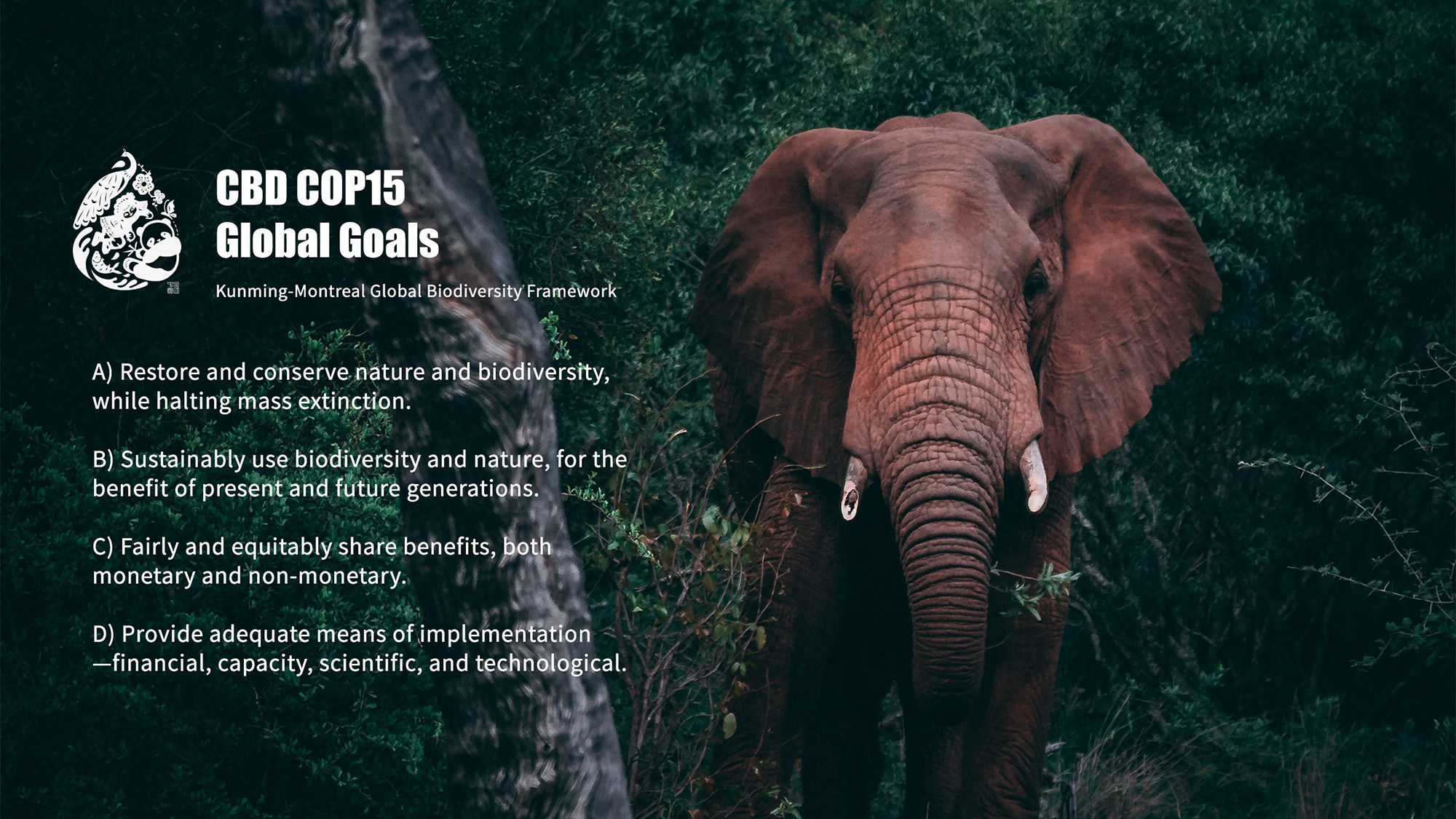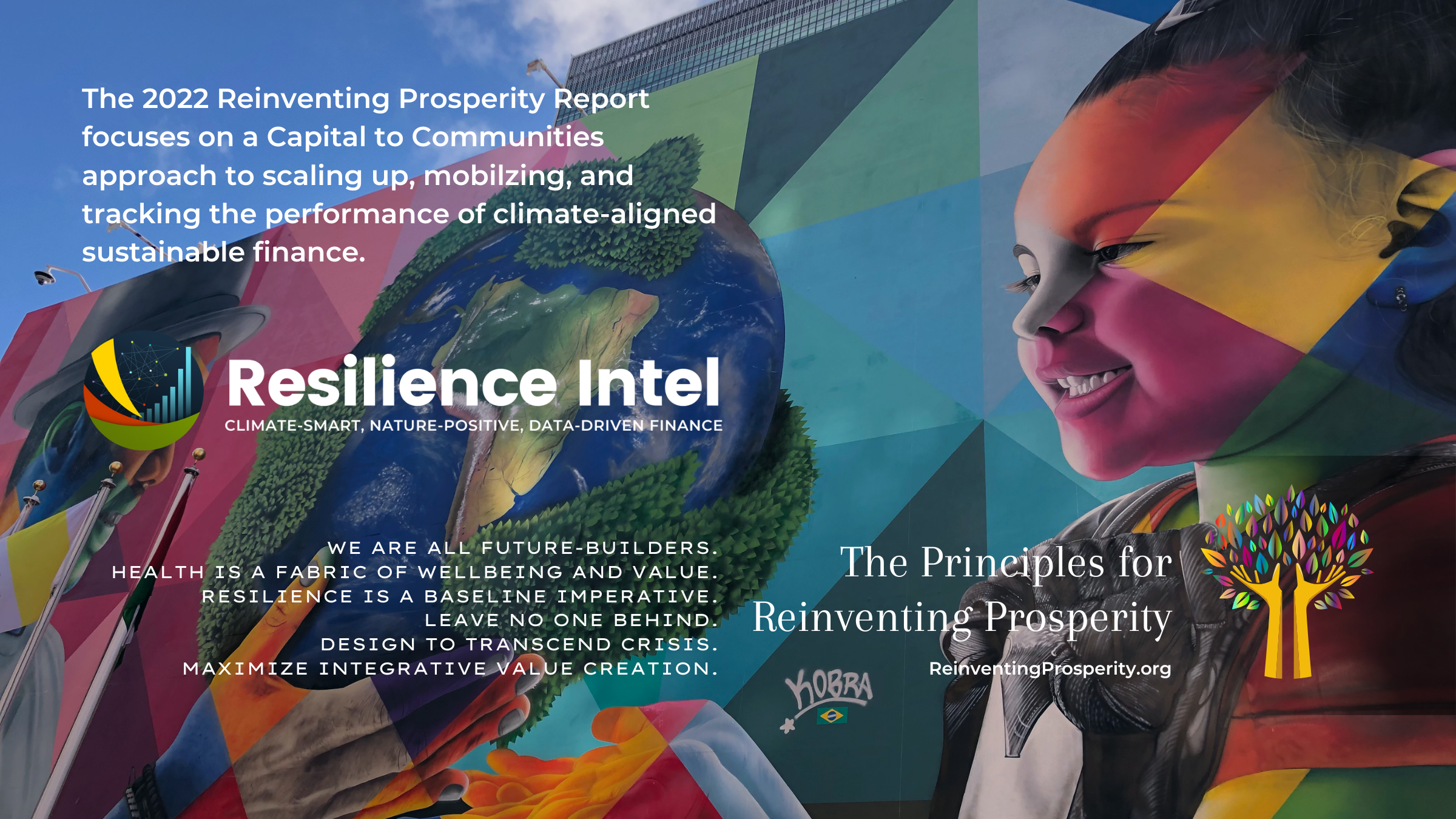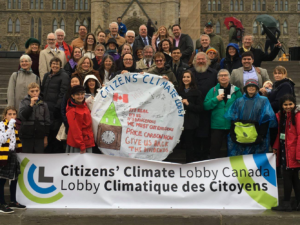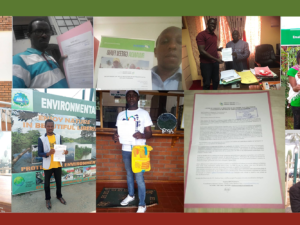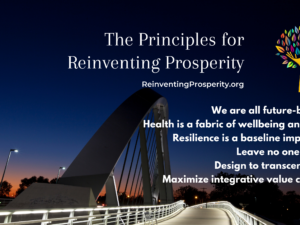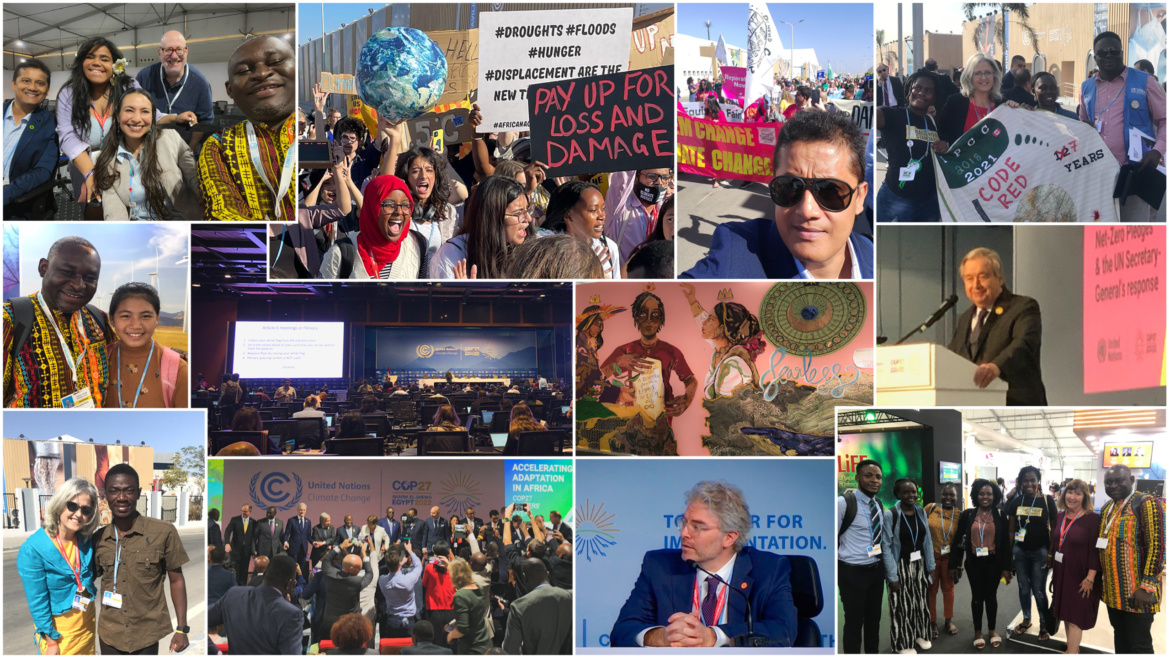
We are living through a decisive decade—for the future of human societies, and for the life of our species, and of millions of other species.
-
The IPCC finds we are close to losing the possibility of successful climate-resilient development. The IPBES finds we are at risk of losing more than 1 million species in Earth’s 6th mass extinction, currently ongoing and caused by human activities and choices. Failure to prevent these losses could lead to the collapse of production in all food-growing regions.
-
A study by Deloitte found that inaction on climate change will cost $178 trillion over the next 50 years. The Financial Stability Oversight Council and Commodity Futures Trading Commission have found unchecked climate disruption will destabilize the entire financial system. Such devastation of the macroeconomy will create unmanageable financial and political conditions, and will exacerbate already worsening trends toward debt distress, destabilization, and insecurity.
-
In 2022 and 2023, we are seeing clearly that one of the primary effects of converging and compounding crises in natural and human systems is worsening food insecurity. The threat of multiple breadbasket failures—major food-growing regions experiencing harvest collapse—is rising due to global heating and climate disruption. The threat of multiple natural and human systems experiencing simultaneous major shock events is steadily rising—which could mean widespread destabilization.
-
Artificial intelligence is evolving so rapidly, many experts, ethicists, and human rights advocates worry it may begin to colonize our everyday choices in ways we no longer fully understand, and could eventually be beyond our control. There are concerns AI could also pit destructive industrialized systems against the wellbeing of people and nature on an unprecedented scale. Complex integrated data systems need ground-truthing, rooted in human experience at the community level.
This constellation of existential risks is what puts at an inflection point. We might shift human industrial systems onto a sustainable path, and so we can reliably achieve human health, wellbeing, and security, and the cooperative stability and prosperity of nation states. Or, we might fail to make the necessary changes quickly enough, and continue to see devastating costs rise, while our ability to address shocks and disasters is diminished.
We need systems change—across food, energy, finance, and industry. We need human systems to learn to work in harmony with nature. Industrial systems need to operate within planetary boundaries—not destroying what we cannot create. Money needs to honor the sacred duty to store and provide value to all who touch it; this entails a major shift away from extractive business models, where billions of people are treated—by industry, finance, and law—as sources of cash.
In ‘What we owe the future’, William MacAskill argues that “we are the ancients”, that the pace of rapid change of the last few centuries cannot be sustained for very long, so our choices now are not just consequential for the next few years or decades, but for the entire future of our species.
-
Success, he argues, will mean the possibility our species lives much longer than the average mammalian species on Earth; failure will mean we fall well below the average species lifespan.
-
The difference will be trillions of lives lived or not lived, with conditions available to those who do live shaped by our choices.
-
Even if we are not fully aware of the consequences of our choices, future generations will remember our choices with great specificity, and attribution, because their reality will be shaped by them.
Because converging crises are putting still more people at risk, and continuing to deepen widespread vulnerability and risk of deep debt distress and political instability, and because we are seeing unprecedented levels of global heating, 2023 may be the decisive year in this decisive decade. The Global Biodiversity Framework, agreed last month in Montreal, provides a vital opportunity for realigning public policy and private investment to support better outcomes for nature, for people, and for the sustainable economy of the future.
To achieve systems change, we will need integrated and cohesive political will.
-
We need open processes that allow stakeholders to weigh evidence and participate in the design of better and more livable futures for their communities.
-
We need food, energy, and finance interventions that connect to ecological and human health benefits in concrete, measurable ways.
-
We need investment vehicles that honor the need for ongoing benefits across society and to natural systems.
-
We need to put a price on pollution everywhere, so biosphere destruction for profit is no longer a viable business model. And, we need those costs to be borne by polluters, not by the majority of people who cannot afford to see their cost of living rise.
-
Climate income policies should be part of that facilitated energy revolution. Similar delivery of resources connected to systems transformation in food, agriculture, and land use, can also play a role.
Stakeholder engagement does not need to be controversial. It need not threaten political institutions. Even those that have sought to rule out open debate and differentiated, localized decision-making, need the insights that can only emerge from active participation of those who will live with and implement political decisions.
This is why, at the COP27 round of United Nations Climate Change negotiations in Egypt in November, we heard unprecedented calls for ongoing stakeholder engagement in nearly all segments of the negotiating process. Decision-makers need stakeholder insights to calibrate local and national responses, and to make the optimal use of international cooperative climate action.
If you want to help drive sustainable transformation in this decisive year, in this decisive decade, do something to enhance active ongoing stakeholder participation:
-
Join Citizens’ Climate, and work with local volunteers to engage the community and inform decision-makers.
-
Contribute to the Consultation on Priorities for a Livable Future.
-
Use the Engage4Climate Toolkit to host a local climate policy or sustainable future-focused event, hold town halls, or start up a local sustainability network.
-
Implement participatory ‘capital to communities‘ business strategies that allow stakeholders to Inform delivery of transformational finance.


